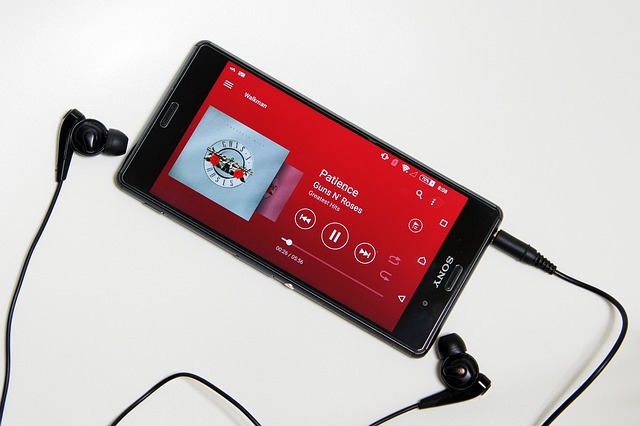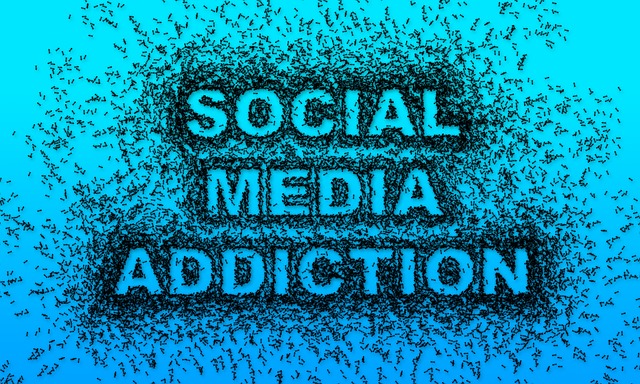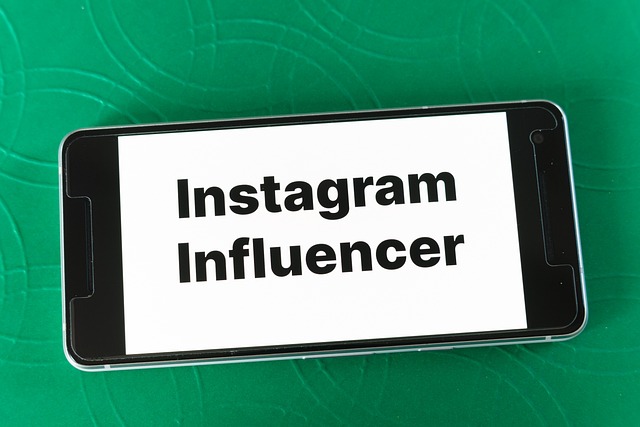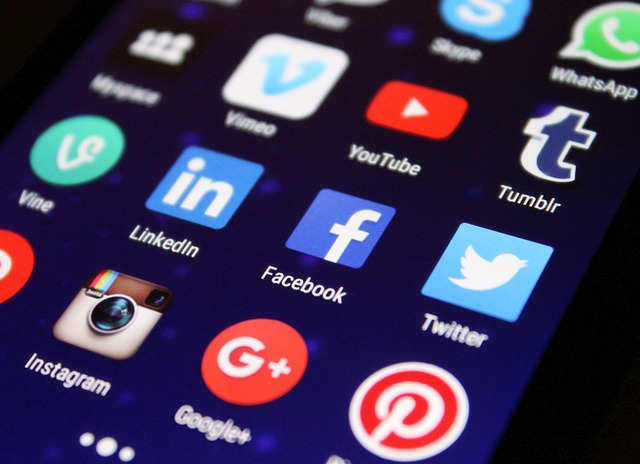The Z Generation, often referred to as Zoomers, is a unique cohort that has grown up in a hyper-digital world. As the first generation to have access to social media from a young age, they have witnessed the meteoric rise of platforms like Instagram, TikTok, and Snapchat. This constant connectivity shapes not only how they communicate but also their identity, values, and consumption habits.
Social media impact on the Z Generation is profound. Unlike previous generations, they don’t just consume content; they create it, share it, and often live it. This dynamic not only fosters creativity but also demands a level of authenticity that is rarely seen in traditional media. For the Z Generation, being genuine is paramount. They value real connections over curated images and seek brands that align with their principles, such as sustainability and social justice.
Furthermore, the influence of social media extends to how the Z Generation interacts with the world around them. They are more likely to support causes and brands that resonate with their values, heavily influenced by social media campaigns. Activism has found a new voice on these platforms, as young people mobilize and advocate for change in real time. Hashtags can turn into movements, and a single post can ignite widespread social awareness.
However, this pervasive influence also comes with challenges. The pressure to create content that garners likes and shares can lead to anxiety and self-doubt. The Z Generation grapples with the impact of social media on their mental health, making them acutely aware of the need for balance. Many are now taking steps to curate their feeds, unfollowing accounts that don’t uplift them and focusing on communities and content that promote positivity.
It’s no secret that the Z Generation has reshaped the marketing landscape. Influencers play a pivotal role in this shift, blurring the lines between celebrity and consumer. For brands, partnering with relatable influencers who embody authenticity and share similar values is key to reaching this audience. Instead of celebrity endorsements, they favor micro-influencers who resonate on a personal level, creating a more intimate connection.
In navigating this complex social media environment, the Z Generation continues to redefine what influence looks like. Their ability to harness the power of platforms for positive change and community building is remarkable. As they chart their paths, it becomes evident that their relationship with social media is not just about entertainment; it’s a powerful tool for connection, expression, and advocacy.




